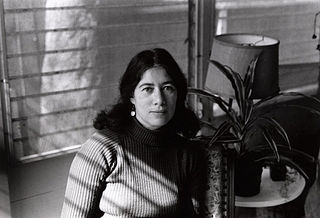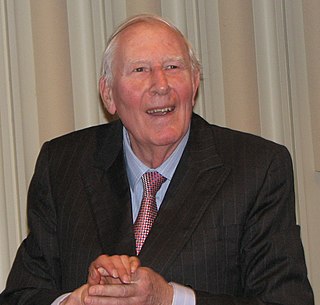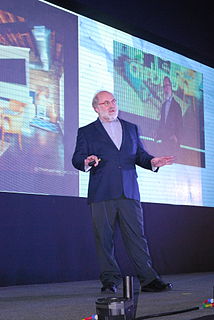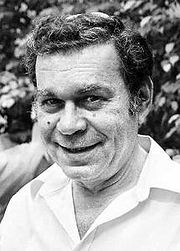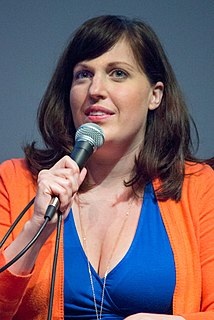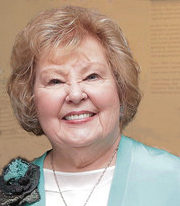A Quote by Lydia Davis
I worked more intensively hour after hour when I was starting out [writing]. More laboriously. I'd say quantity is important as well as quality, and if you're not producing enough, make a schedule and stick to it.
Related Quotes
And then he drew a dial from his poke, And looking with lack-lustre eye, Says very wisely, 'It is ten o'clock: Thus we may see', Quoth he, 'how the world wags: 'Tis but an hour ago since it was nine, And after one hour more 'twill be eleven; And so from hour to hour we ripe and ripe, And then from hour to hour we rot and rot.
It’s a job. It’s not a hobby. You don’t write the way you build a model airplane. You have to sit down and work, to schedule your time and stick to it. Even if it’s just for an hour or so each day, you have to get a babysitter and make the time. If you’re going to make writing succeed you have to approach it as a job.



